Culture
From Ritual to Global Influence: How Benin Is Showcasing the Heritage of Vodun Masks
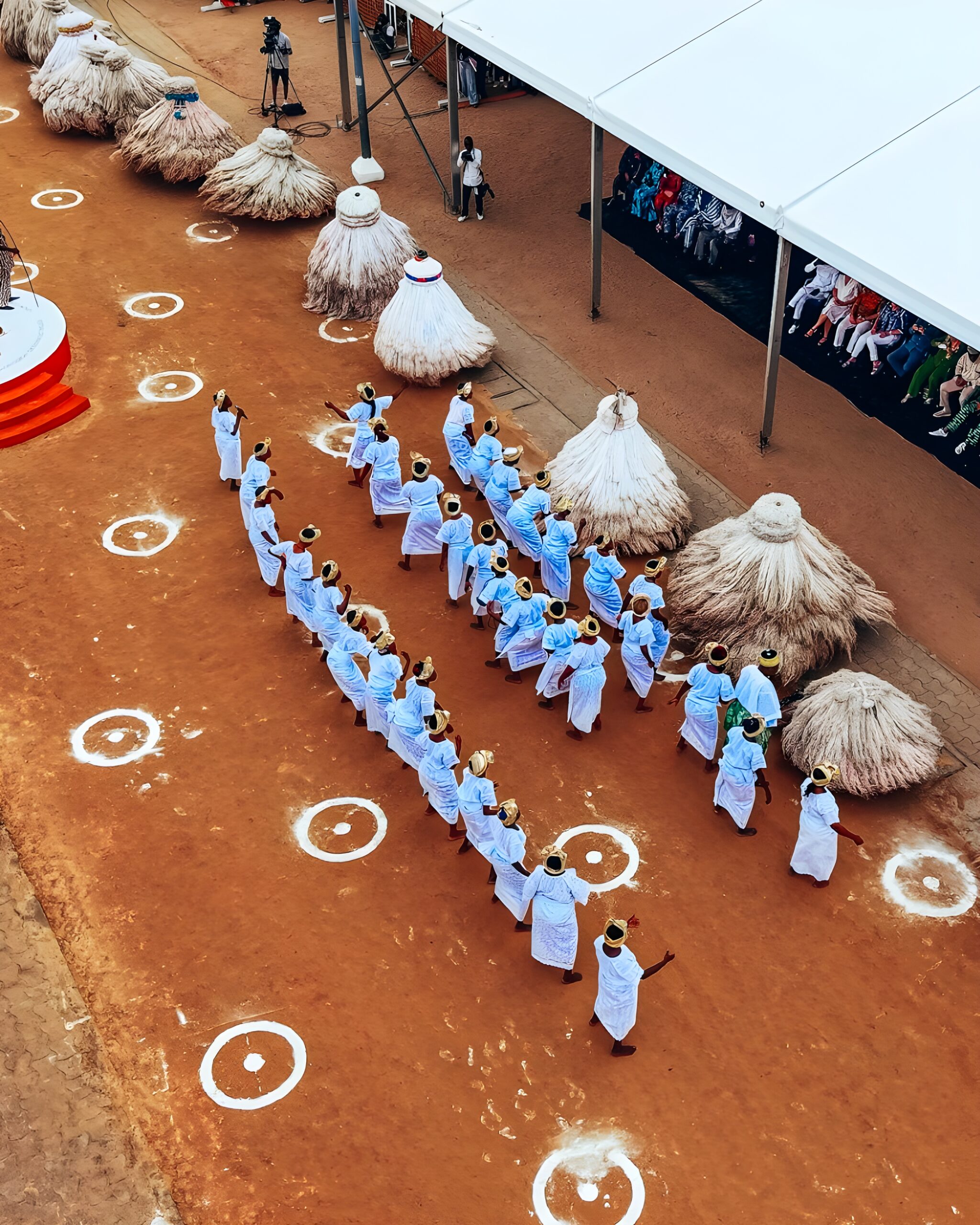 With the rise of major festivals such as Vodun Days and the Porto-Novo Mask Festival, Benin is leveraging the heritage of Vodun masks as a powerful tool for cultural diplomacy, social cohesion, economic development, and international influence.
With the rise of major festivals such as Vodun Days and the Porto-Novo Mask Festival, Benin is leveraging the heritage of Vodun masks as a powerful tool for cultural diplomacy, social cohesion, economic development, and international influence.
Egungun, Zangbeto, Gèlèdè… Behind these names are masked figures from the Vodun pantheon, bearers of centuries-old spiritual and social memory. Long confined to strictly ritual use, these sacred masks are now at the heart of Benin’s cultural strategy: preserving their transmission, documenting their history, and making them a soft power asset.
A Spiritual and Community Heritage
In Vodun tradition, the mask is a living entity. The Egungun embodies the ancestor returning to bless the living, the Zangbeto watches over community safety, and the Gèlèdè honours the mystical power of mothers. All are rooted in oral and family transmission, marked by initiatory rituals and technical craftsmanship.
Passed down through lineages and convents, this heritage remains the foundation of community cohesion. Today, authorities aim to sustain these practices by integrating them into a broader cultural and tourism promotion framework.
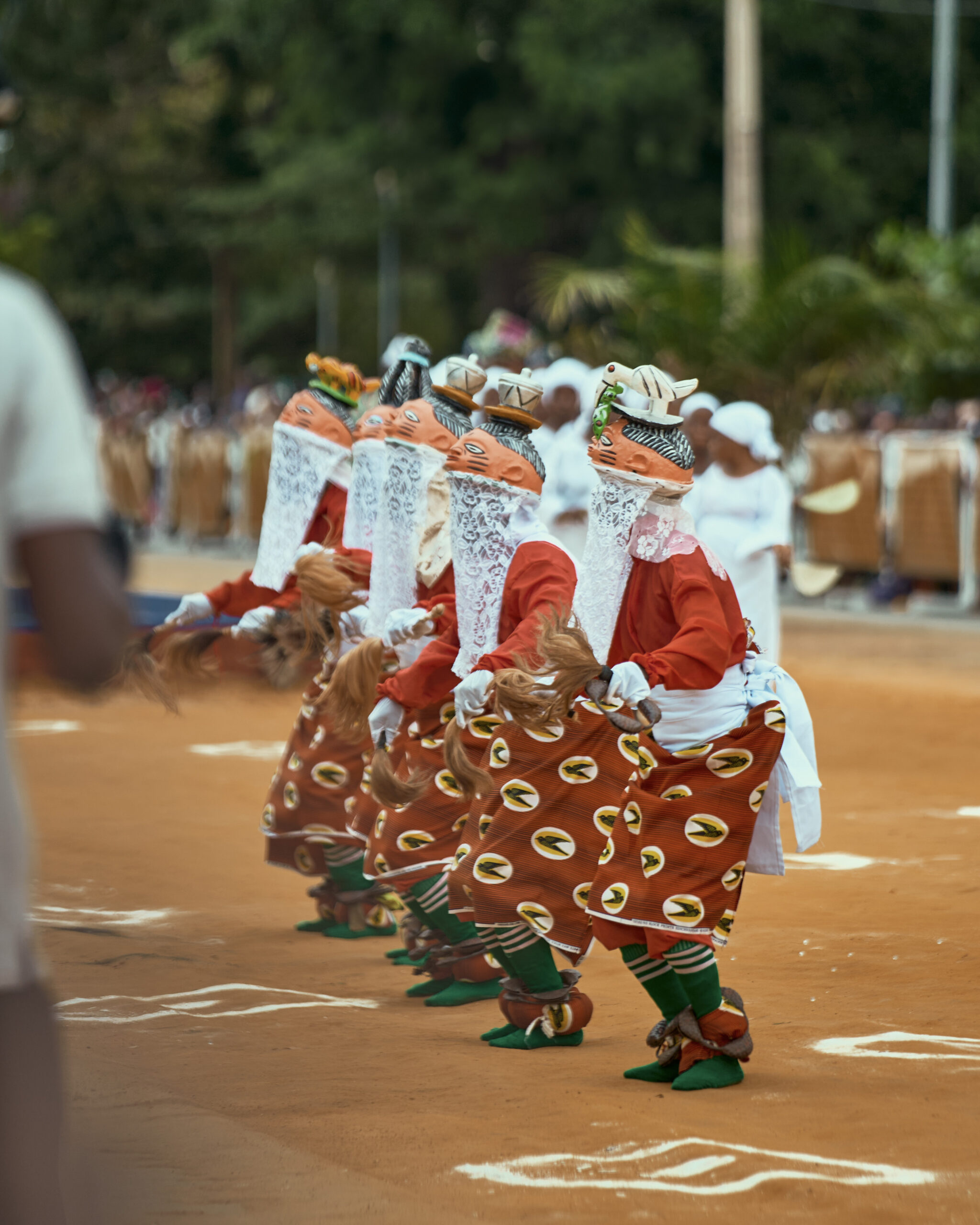 Investing in Cultural Tourism and Economic Impact
Investing in Cultural Tourism and Economic Impact
On August 2–3, 2025, the second edition of the Porto-Novo Mask Festival transformed the historic capital into an open-air stage. Several thousand spectators attended ritual dances, processions, and concerts. The free event also hosted a scientific symposium on the Fâ divination system, aiming to strengthen the link between ritual heritage and academic recognition.
During its first edition in August 2024, the festival attracted nearly 40,000 visitors, according to INStaD.
The festival also generates economic benefits: hotels, restaurants, crafts, and transportation directly profit from the influx of visitors. The Beninese authorities see it as a driver of economic development through culture. In June 2025, they adopted a new Strategic Development Plan for Tourism, Culture, and the Arts 2025–2029, with a budget of 797 billion CFA francs (approximately USD 1.4 billion), following an investment of more than EUR 2 billion in modernising the sector since 2016.
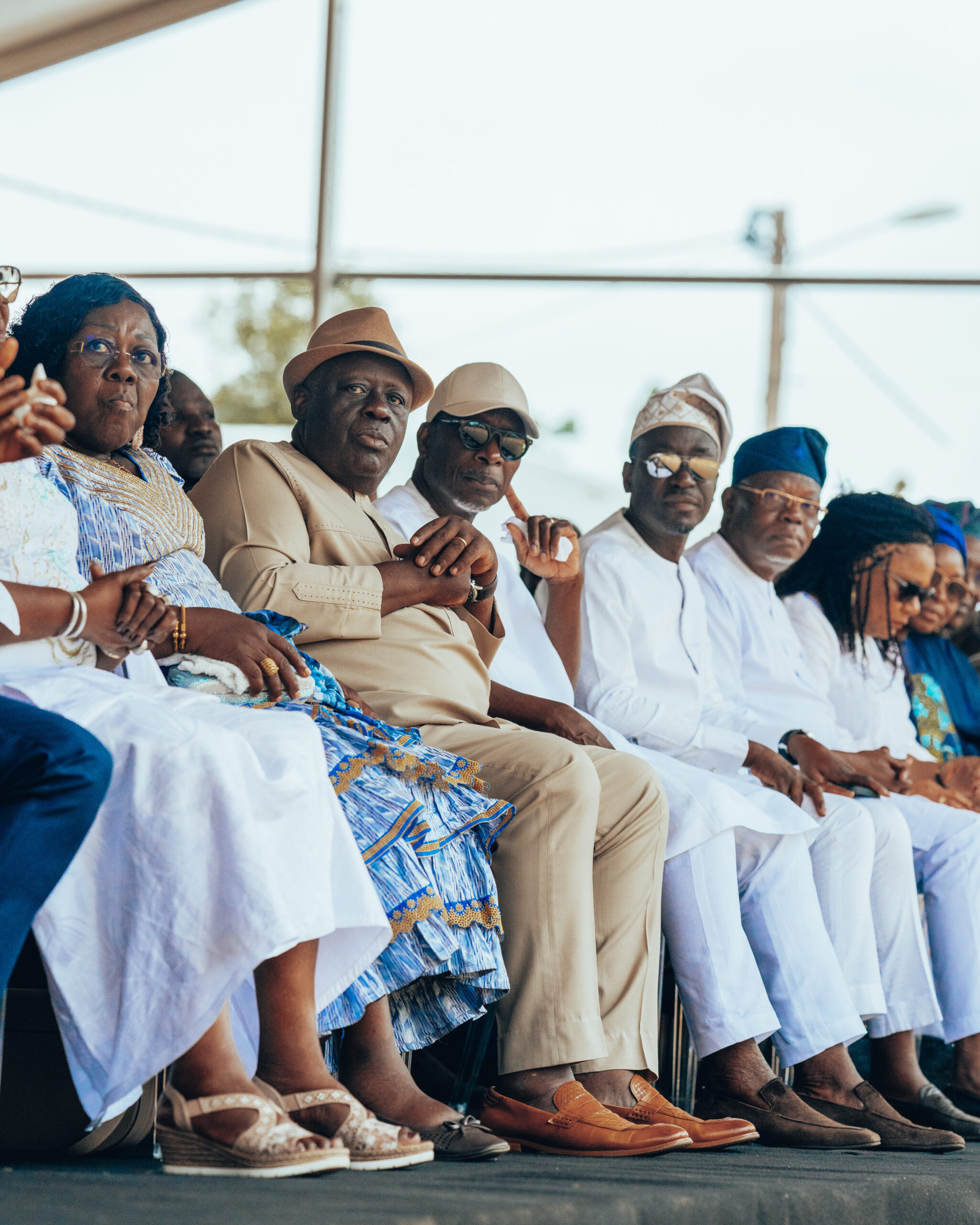 Tourism, which currently represents around 6% of GDP, is expected to reach 13.4% by 2030 and attract 2 million annual visitors, according to the investment plan. The plan places cultural heritage at its core: the creation of major museum infrastructures – the International Vodun Museum in Porto-Novo, the Museum of the Epic of the Amazons and Kings of Danxomè (35 billion CFA), and the reconstruction of the historic city of Ouidah (39 billion CFA) – as well as thematic developments such as the Vodun Convent Route and the Tata Somba Route.
Tourism, which currently represents around 6% of GDP, is expected to reach 13.4% by 2030 and attract 2 million annual visitors, according to the investment plan. The plan places cultural heritage at its core: the creation of major museum infrastructures – the International Vodun Museum in Porto-Novo, the Museum of the Epic of the Amazons and Kings of Danxomè (35 billion CFA), and the reconstruction of the historic city of Ouidah (39 billion CFA) – as well as thematic developments such as the Vodun Convent Route and the Tata Somba Route.
Many of these projects are underway, with some already delivered and used to enrich the Vodun Days experience. In Ouidah, the historical cradle of Vodun, this national celebration – held every January 10 since 1996 – was reformed in 2024 into a modernised, multi-day event. Renamed Vodun Days, it now combines traditional ceremonies, concerts, exhibitions, and international gatherings. The 2025 edition brought together more than 435,000 participants, according to INStaD.
In Porto-Novo, the International Vodun Museum, currently under construction, is set to open by the end of 2025. Designed as an immersive 16,000 m² space, it will showcase masks, ritual objects, and archives, while offering research and creative spaces. The institution aims to welcome 200,000 visitors annually and become an international reference hub on Vodun.
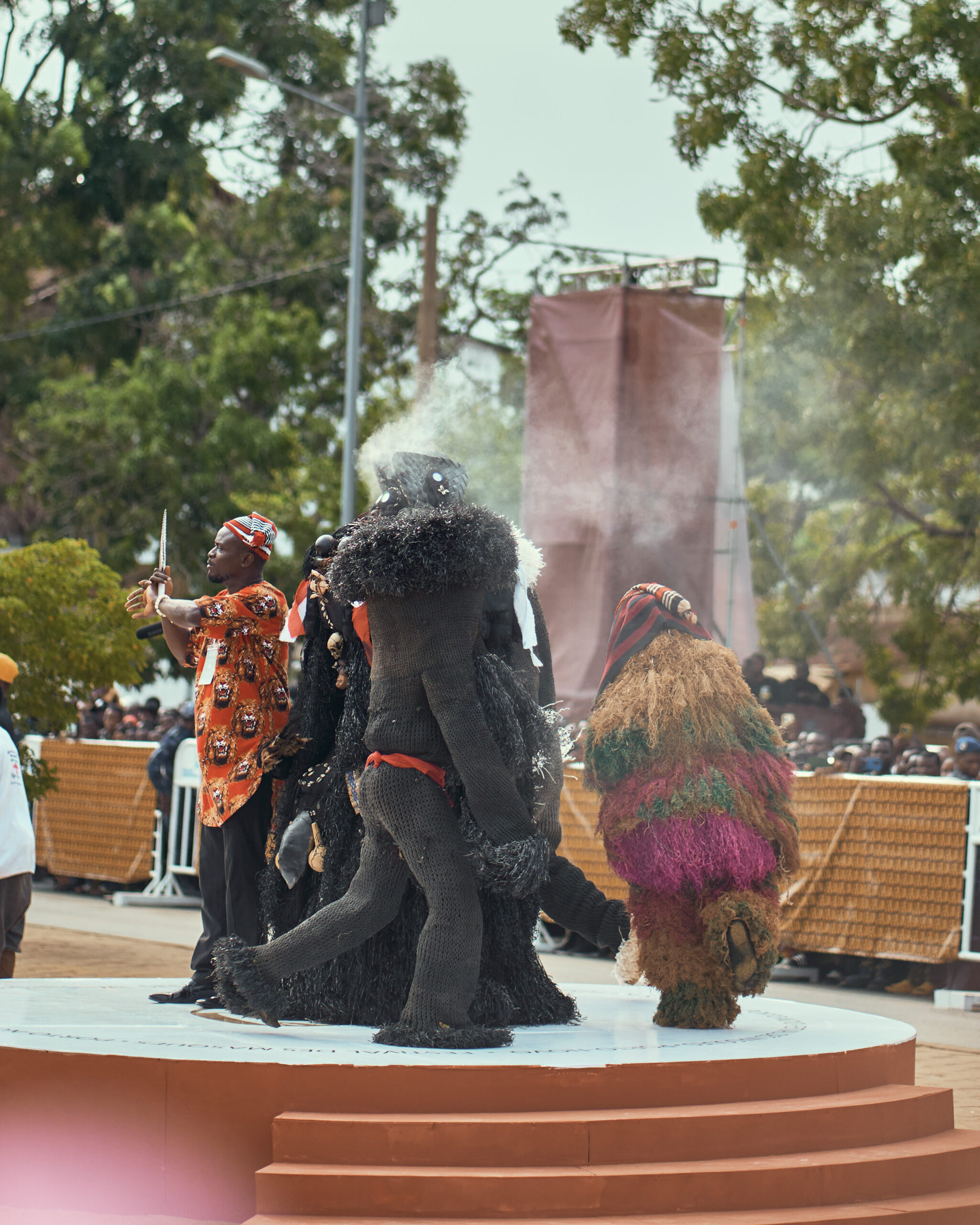 Restitutions and Cultural Diplomacy
Restitutions and Cultural Diplomacy
At the same time, Benin is actively pursuing diplomatic efforts to recover its cultural assets. After France’s restitution in 2021 of 26 royal treasures of Abomey, Finland returned a sacred ritual stool in May 2025. These objects are set to be integrated into the country’s future national museums, in line with a coherent memory policy and in-situ heritage promotion.
The government intends to make Vodun a tool of cultural sovereignty in a context of growing symbolic competition between African countries over heritage. Ultimately, the strategy also aims for further international recognition through new UNESCO applications (following the inscription of Fâ divination and Gèlèdè dances on the Intangible Cultural Heritage list).
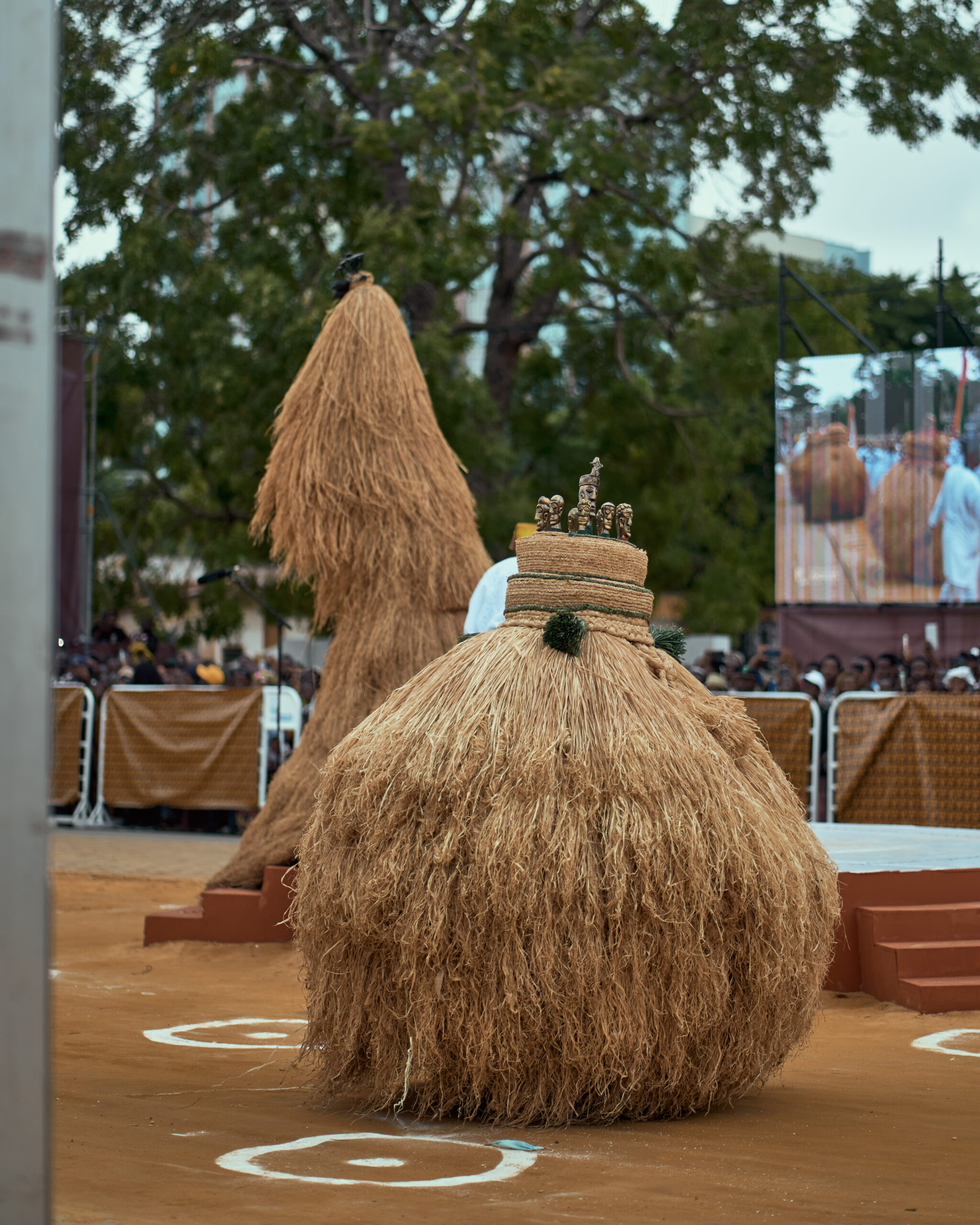
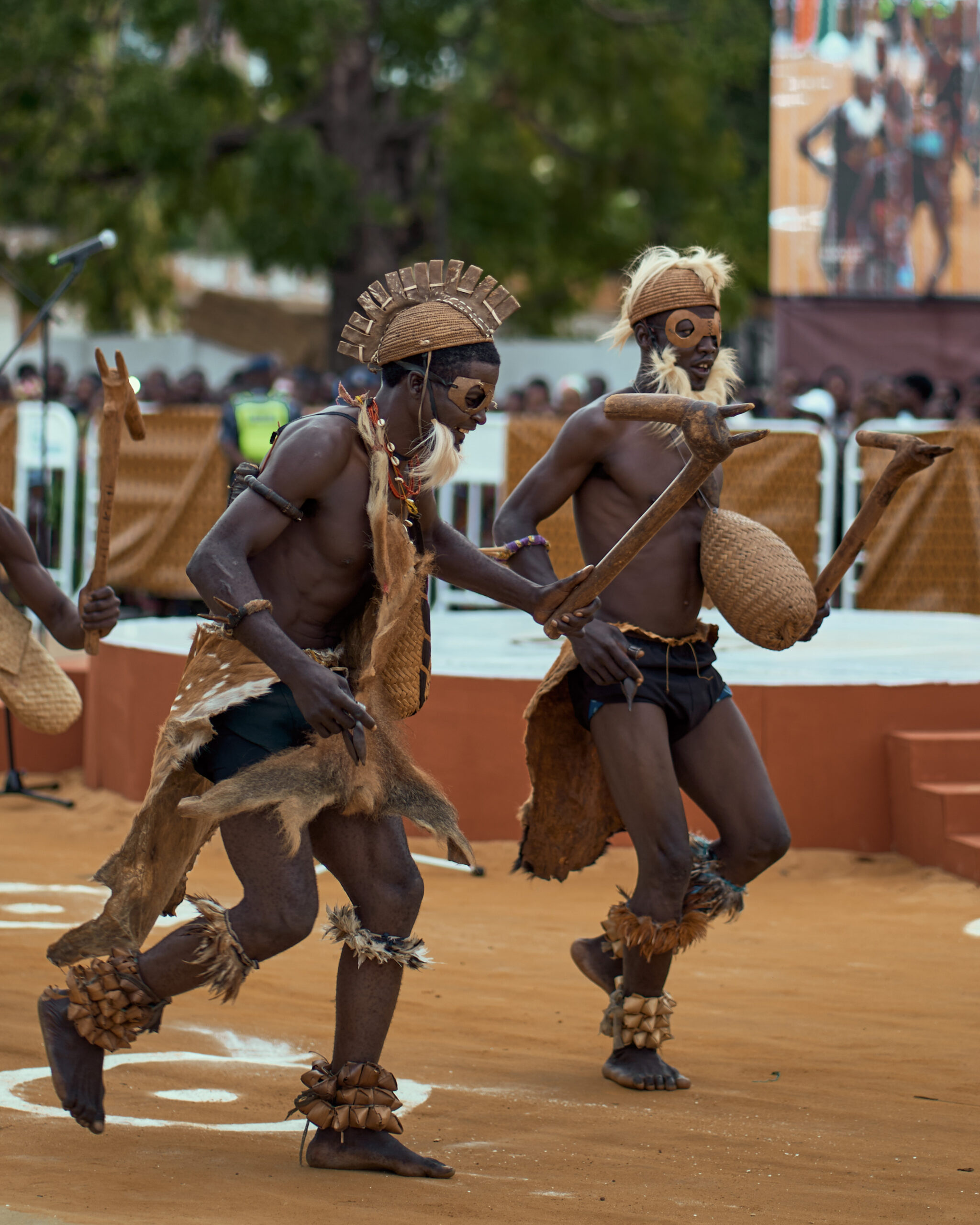
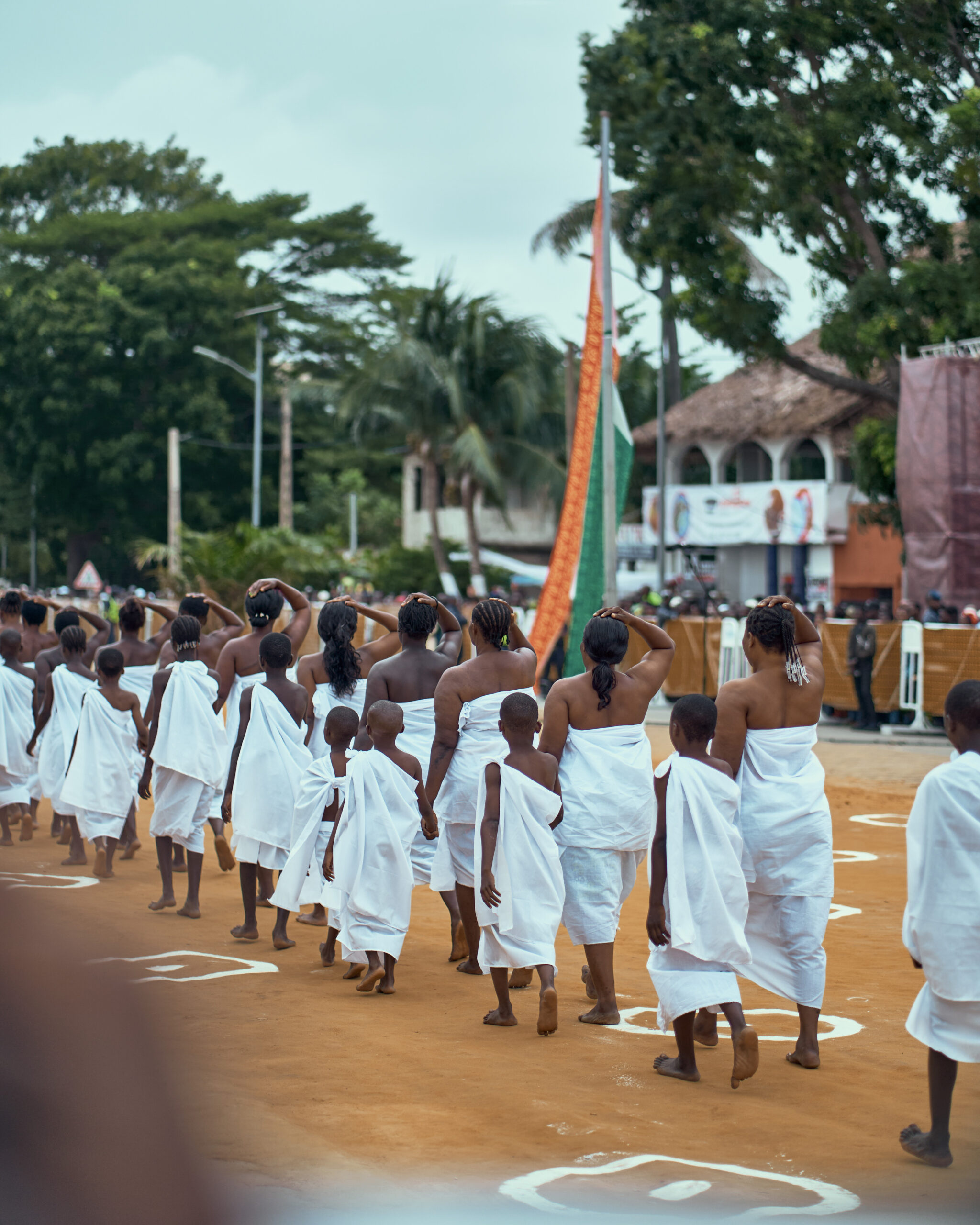
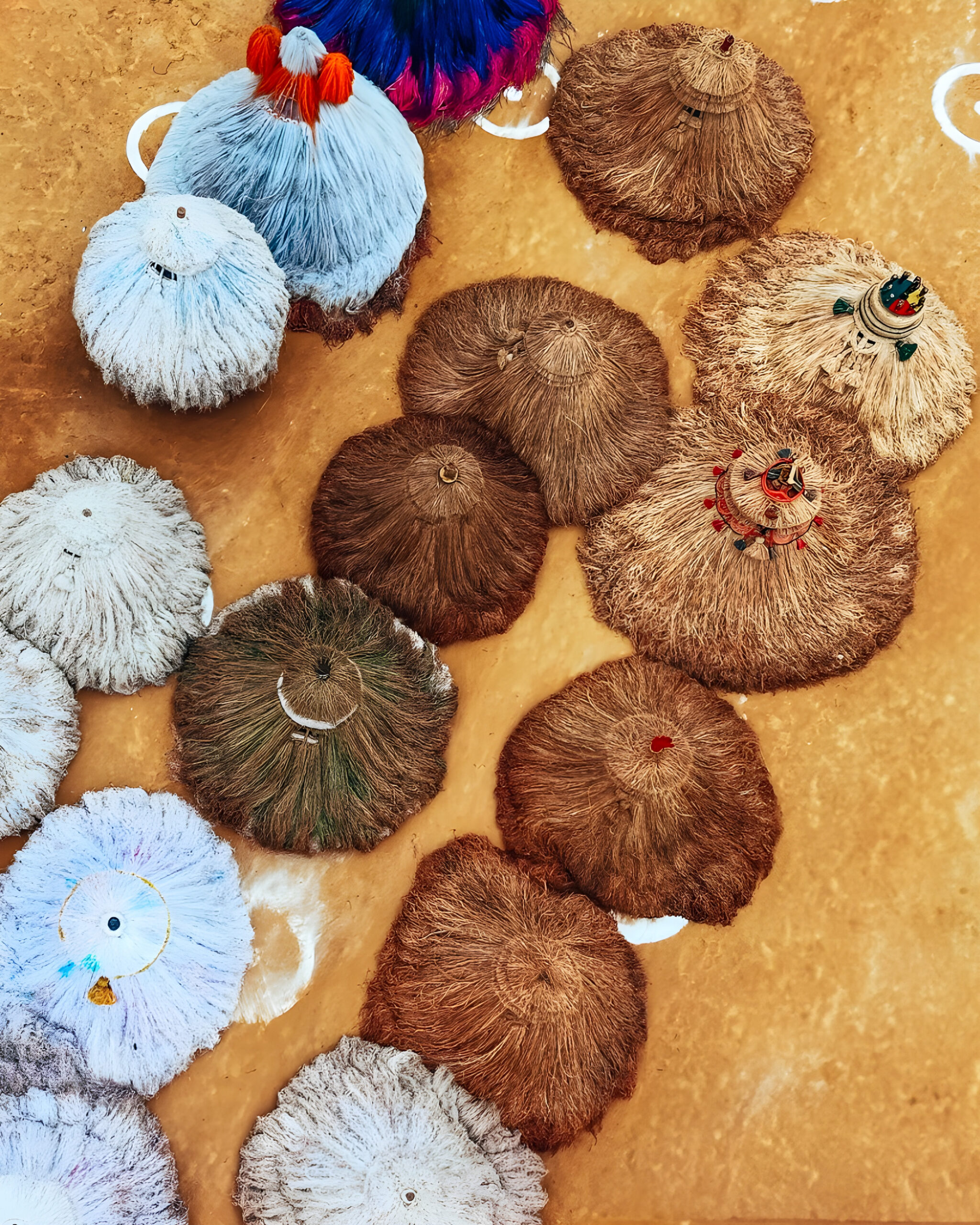
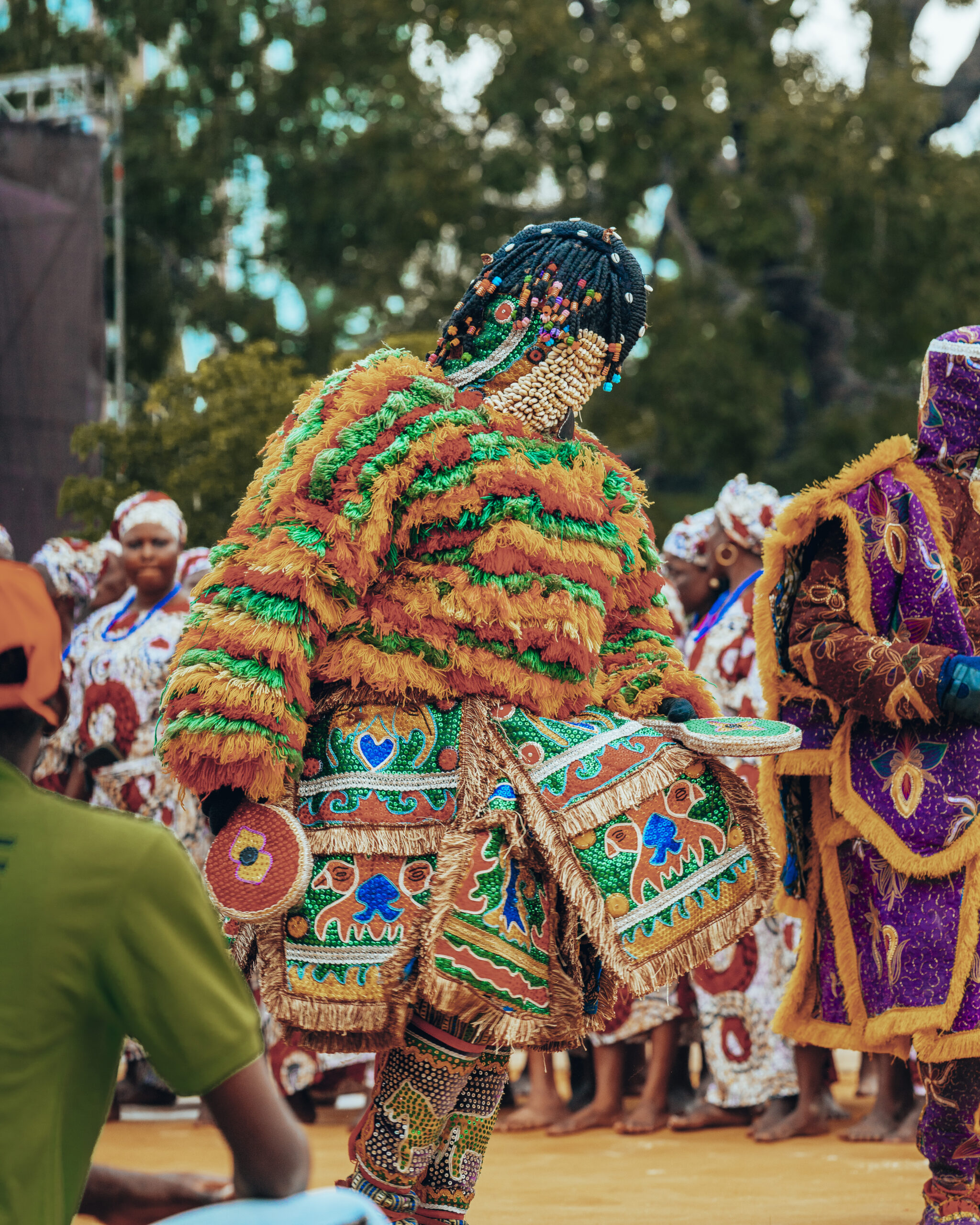

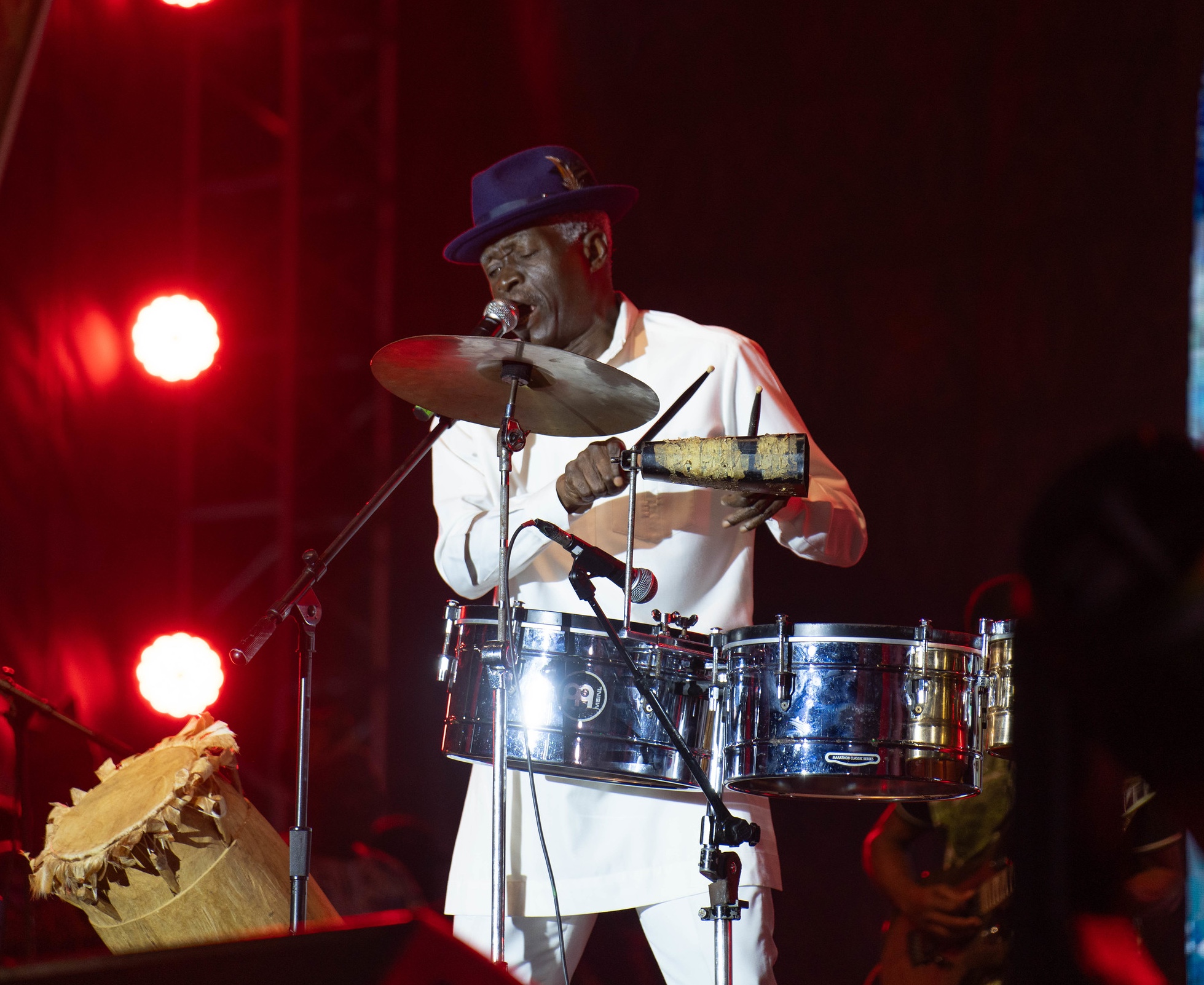

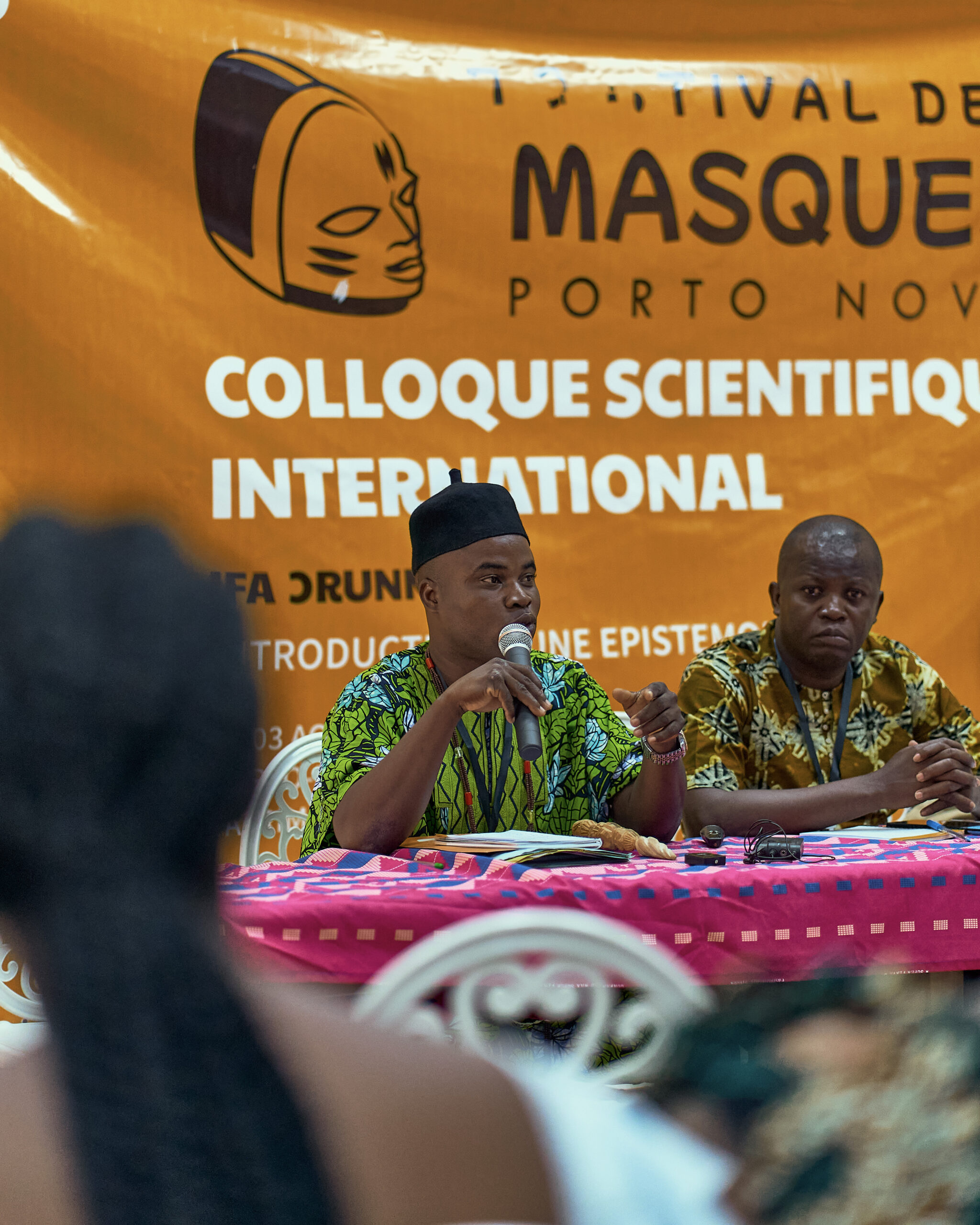
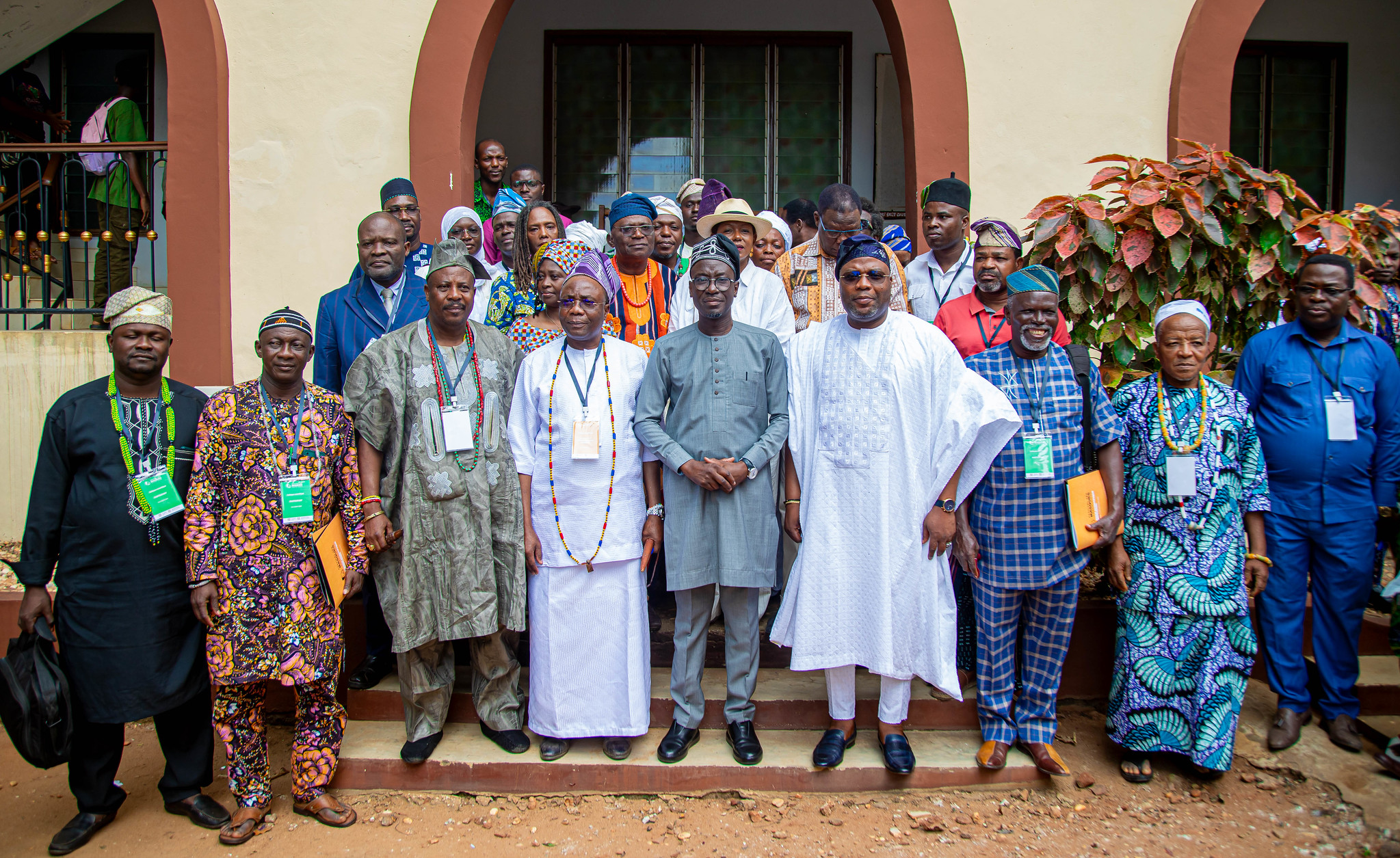
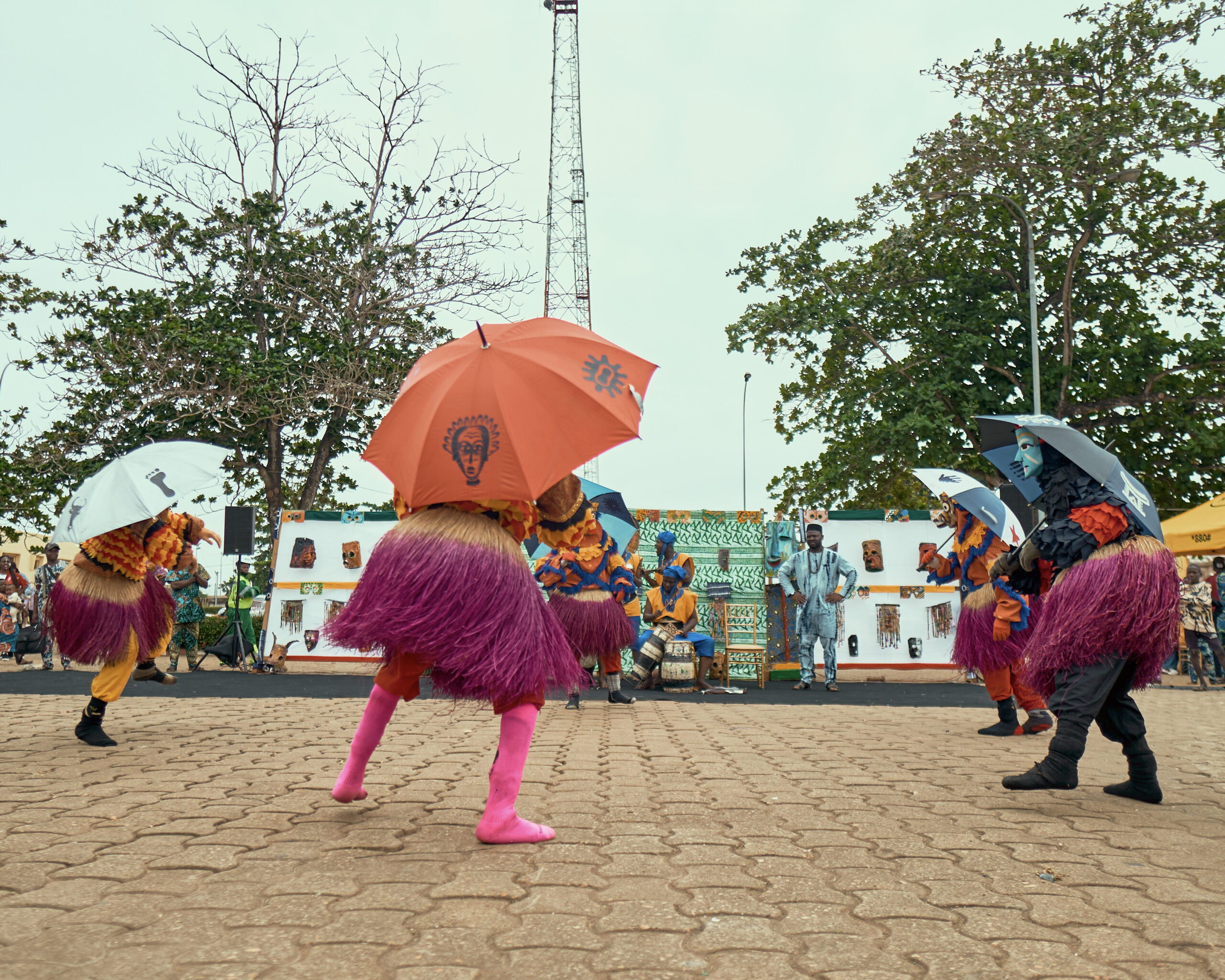
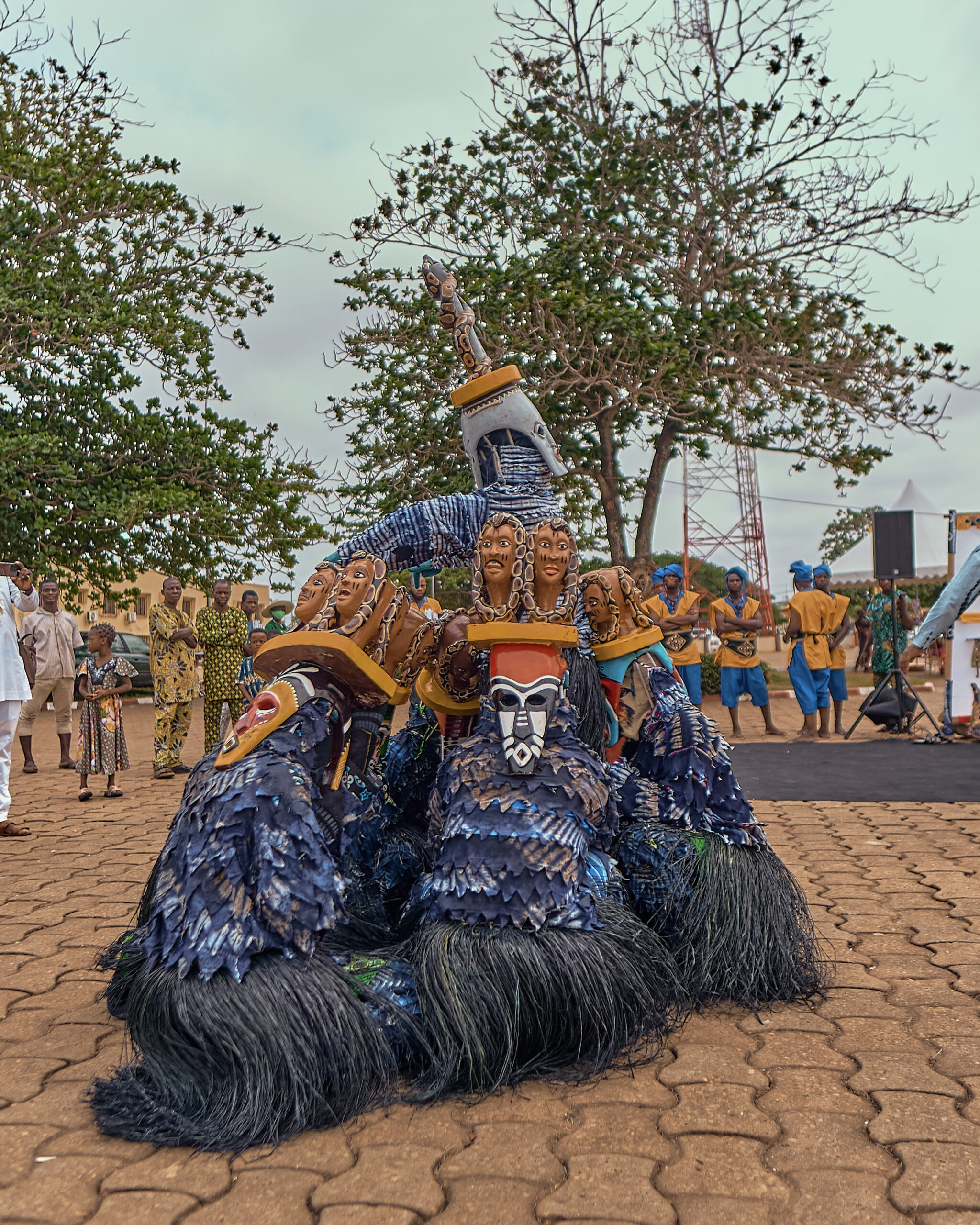
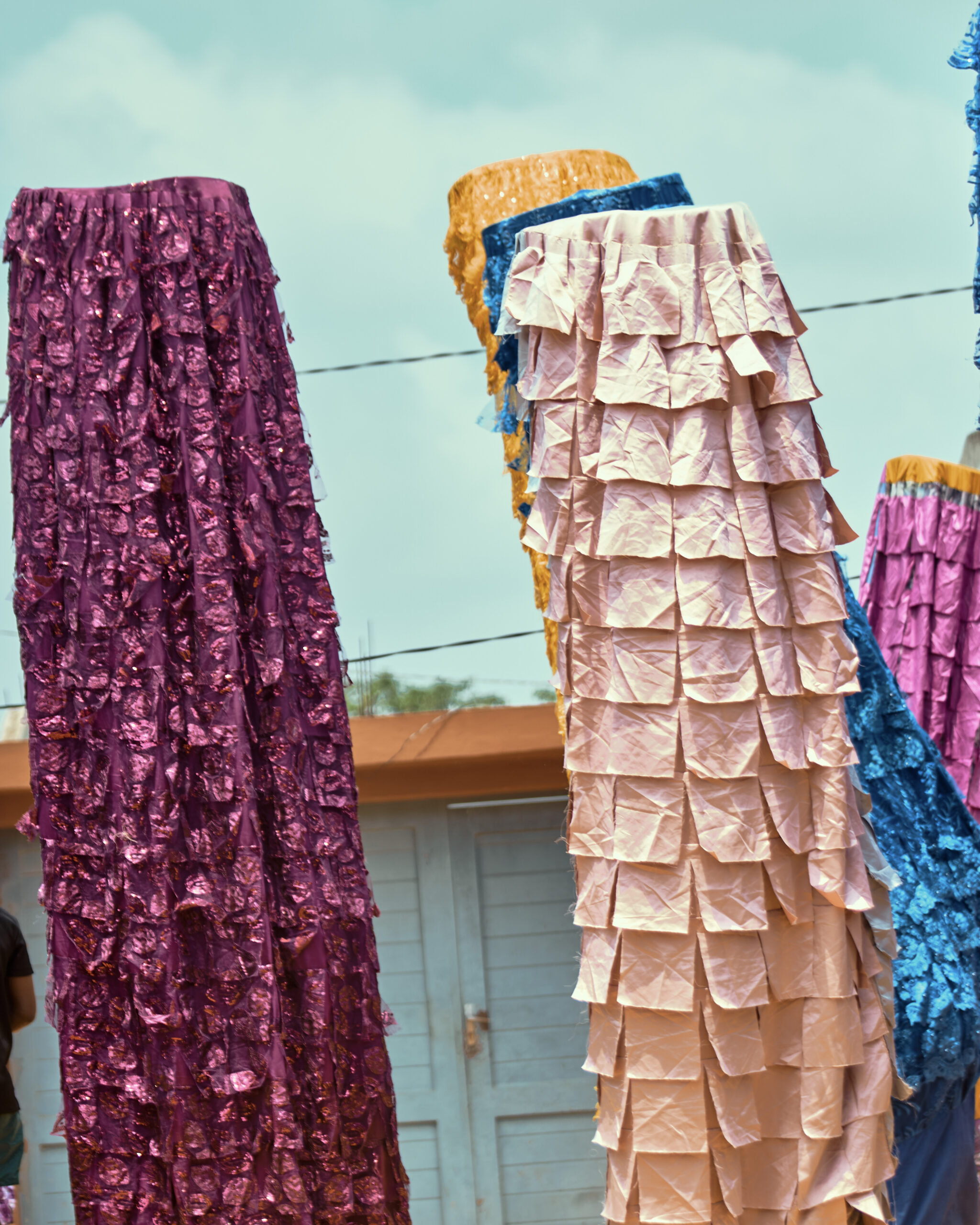
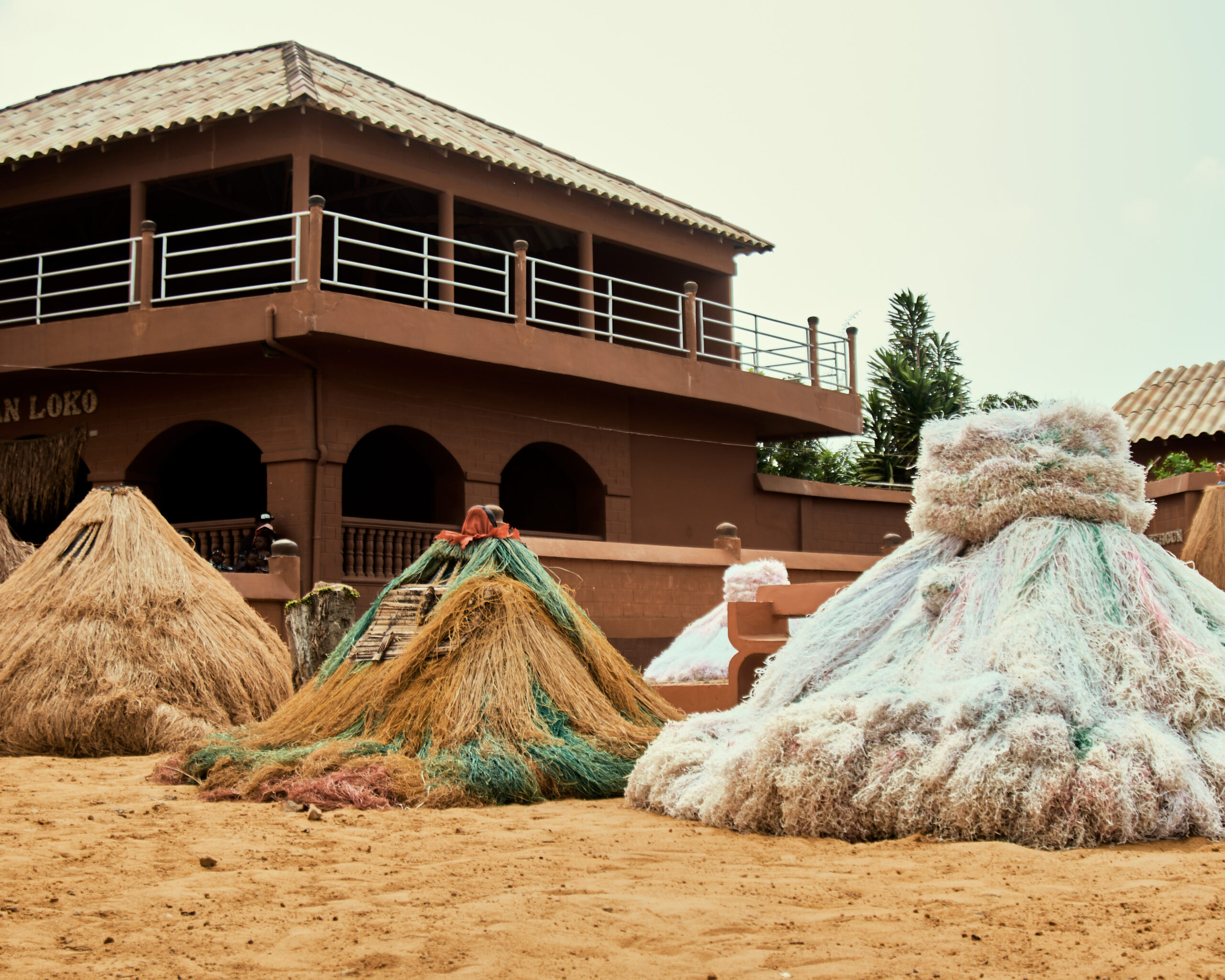
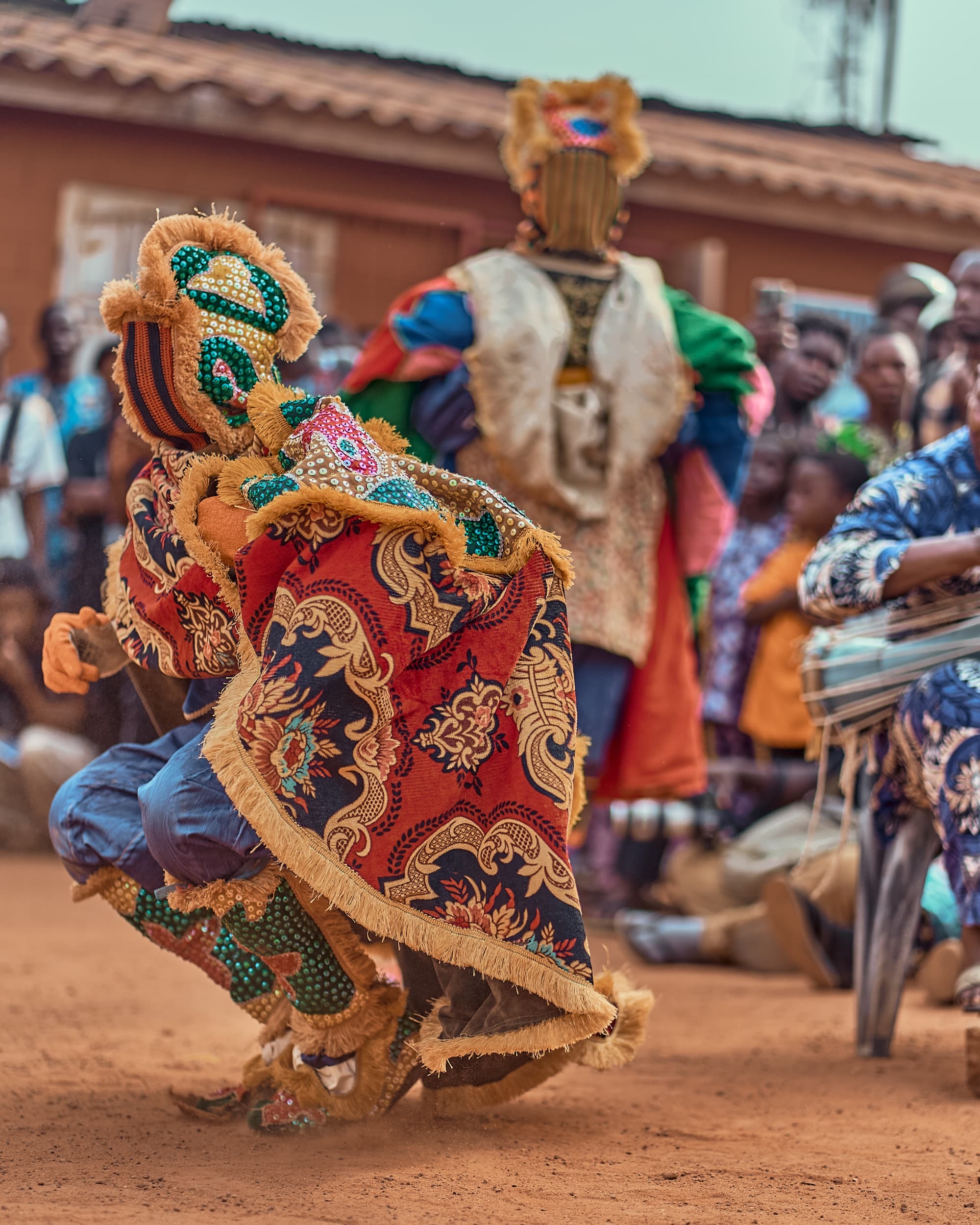
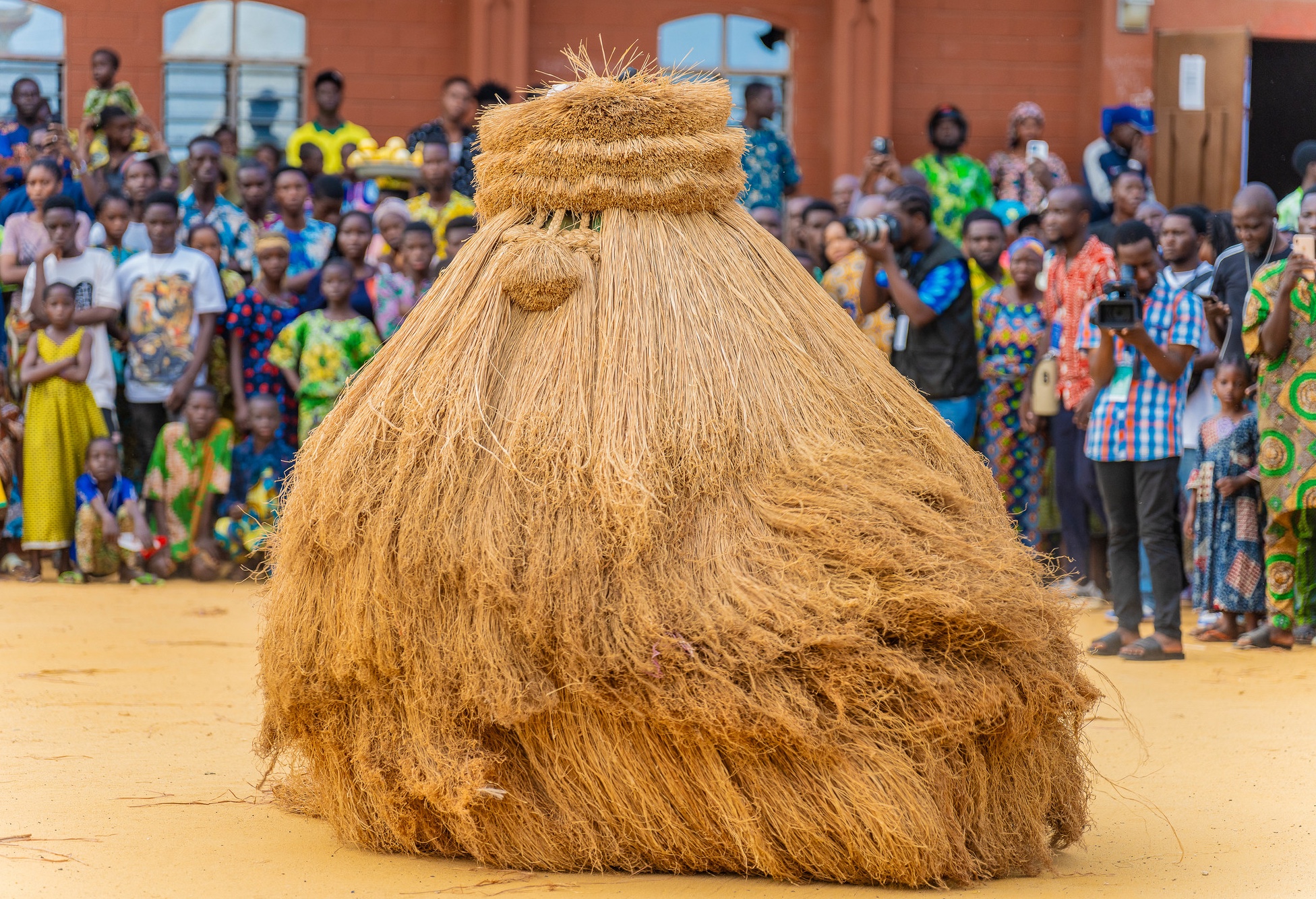
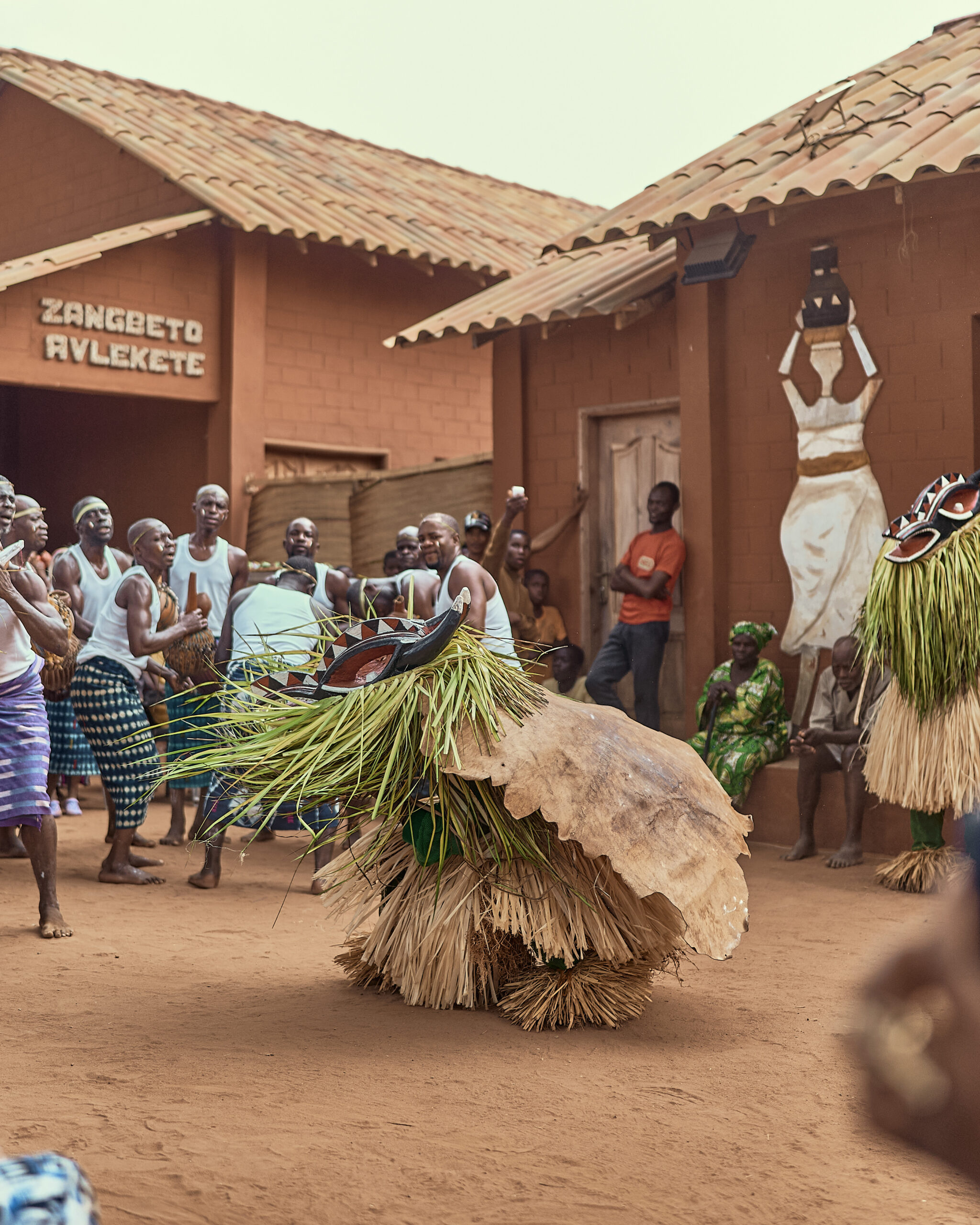
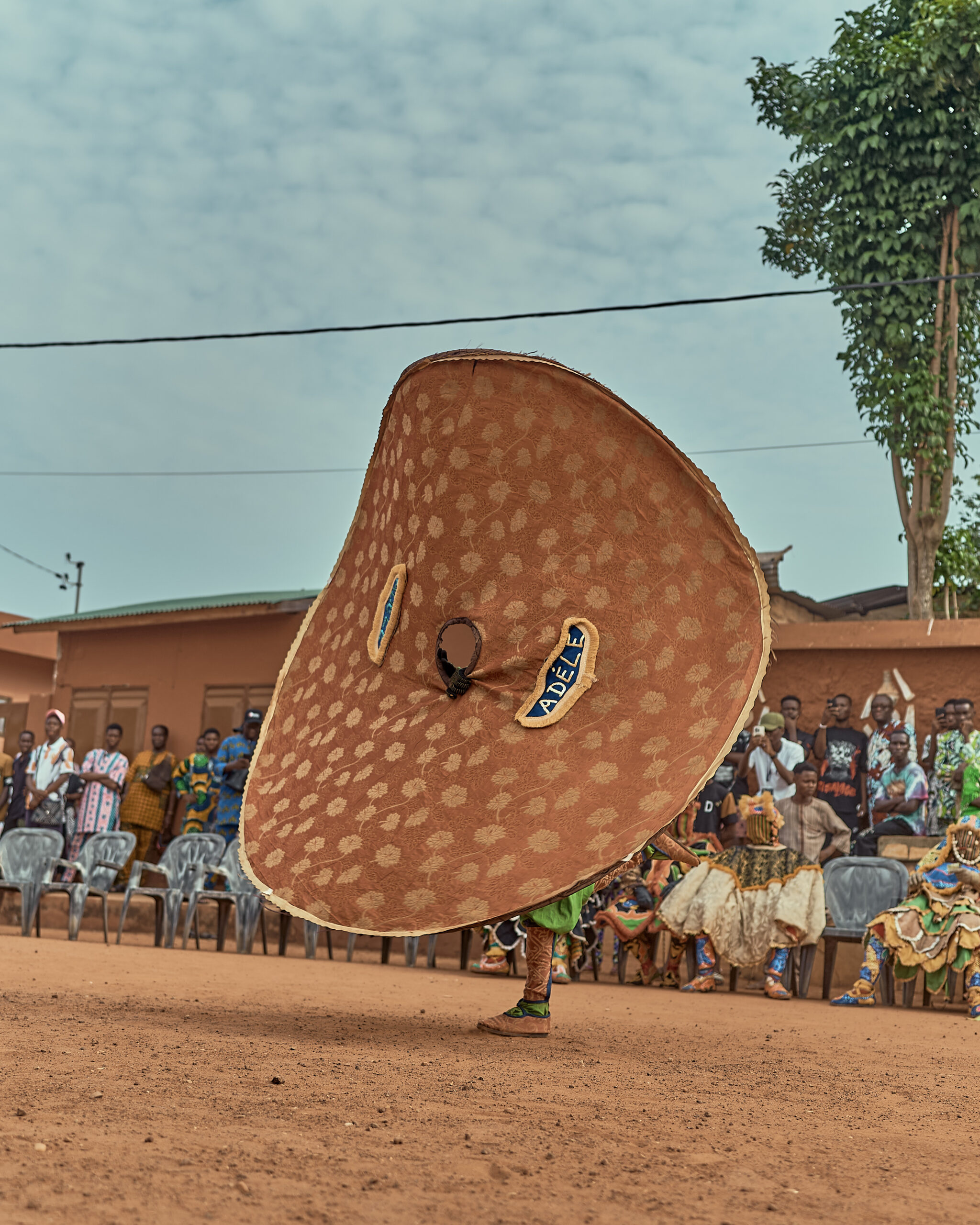
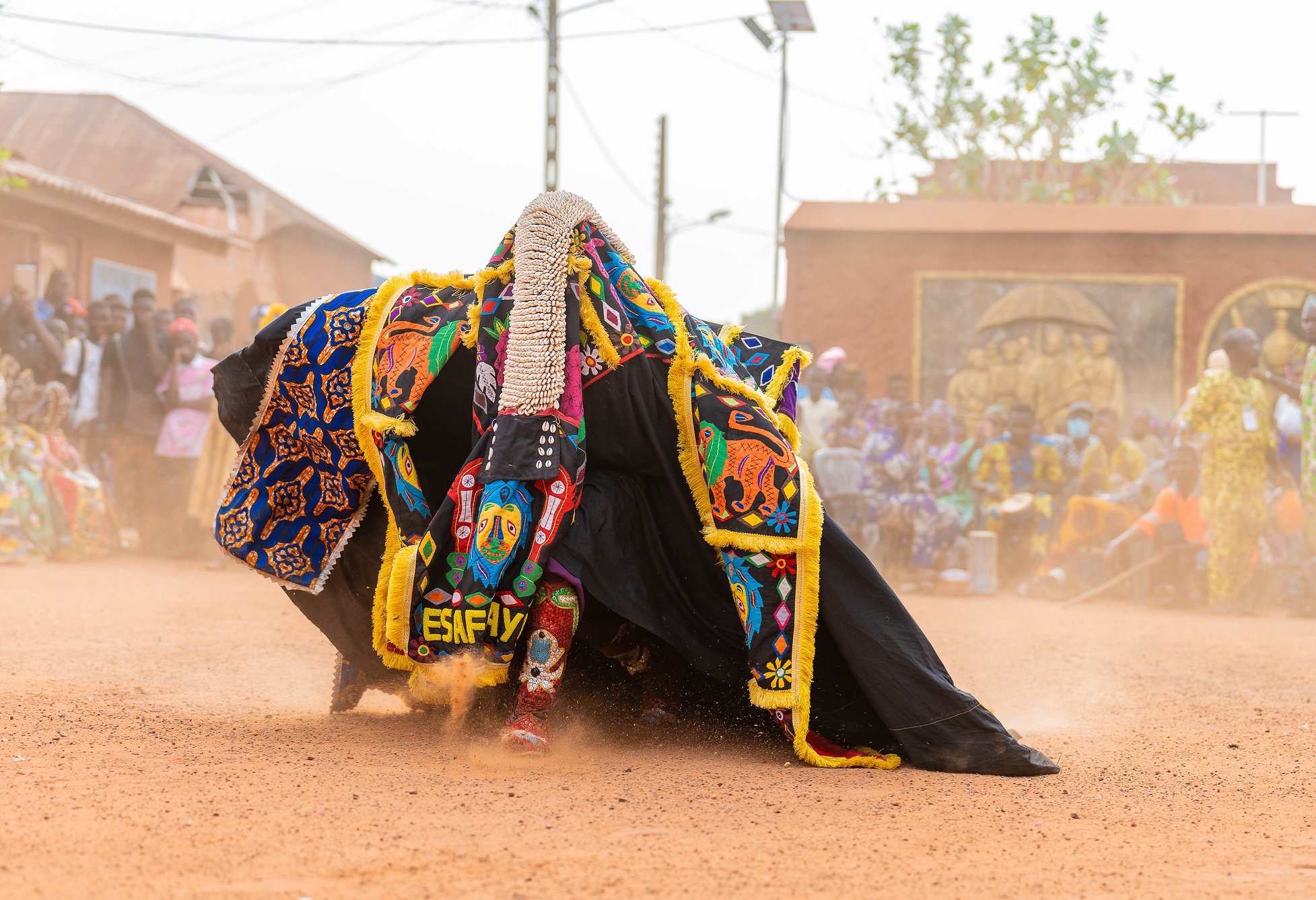
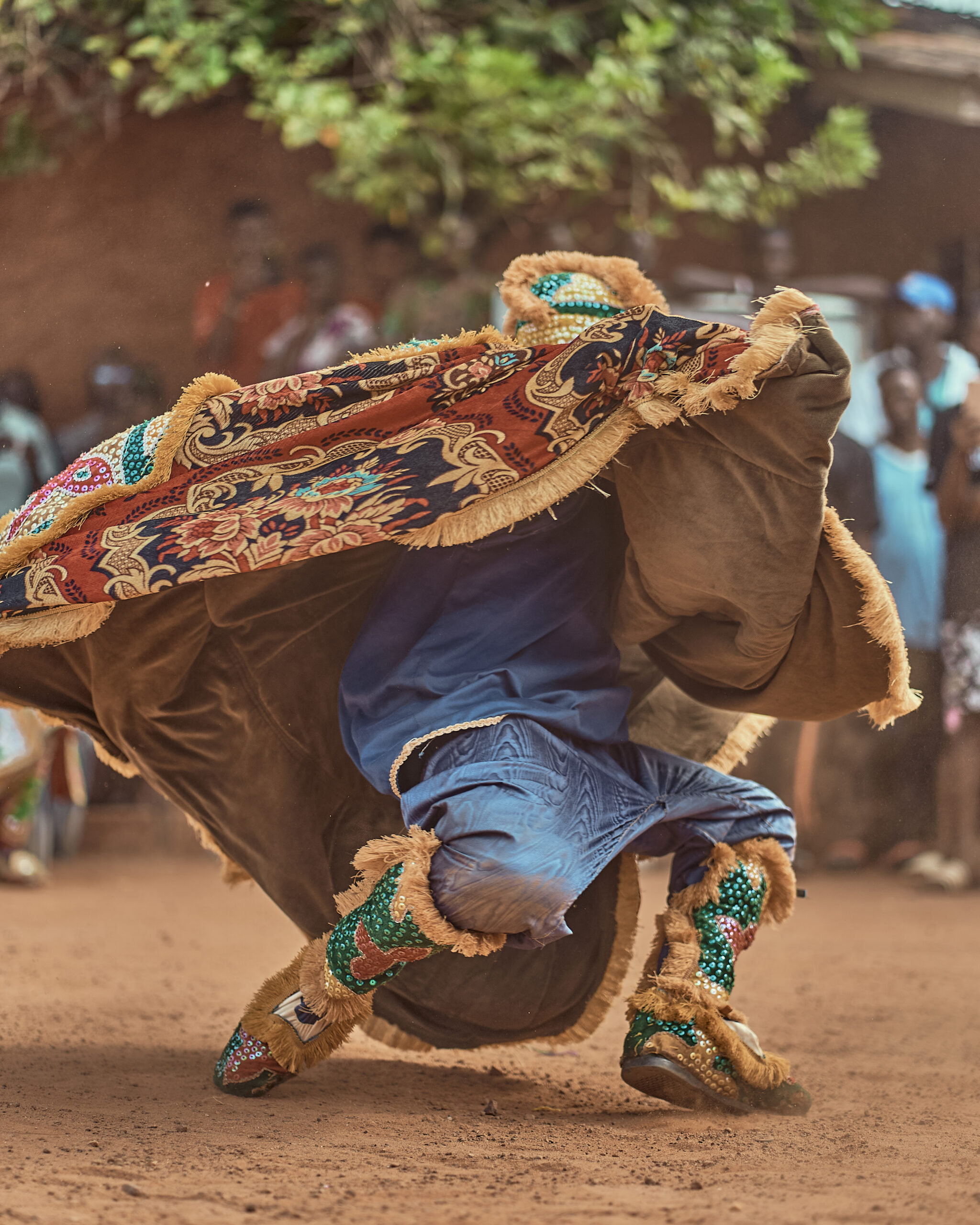
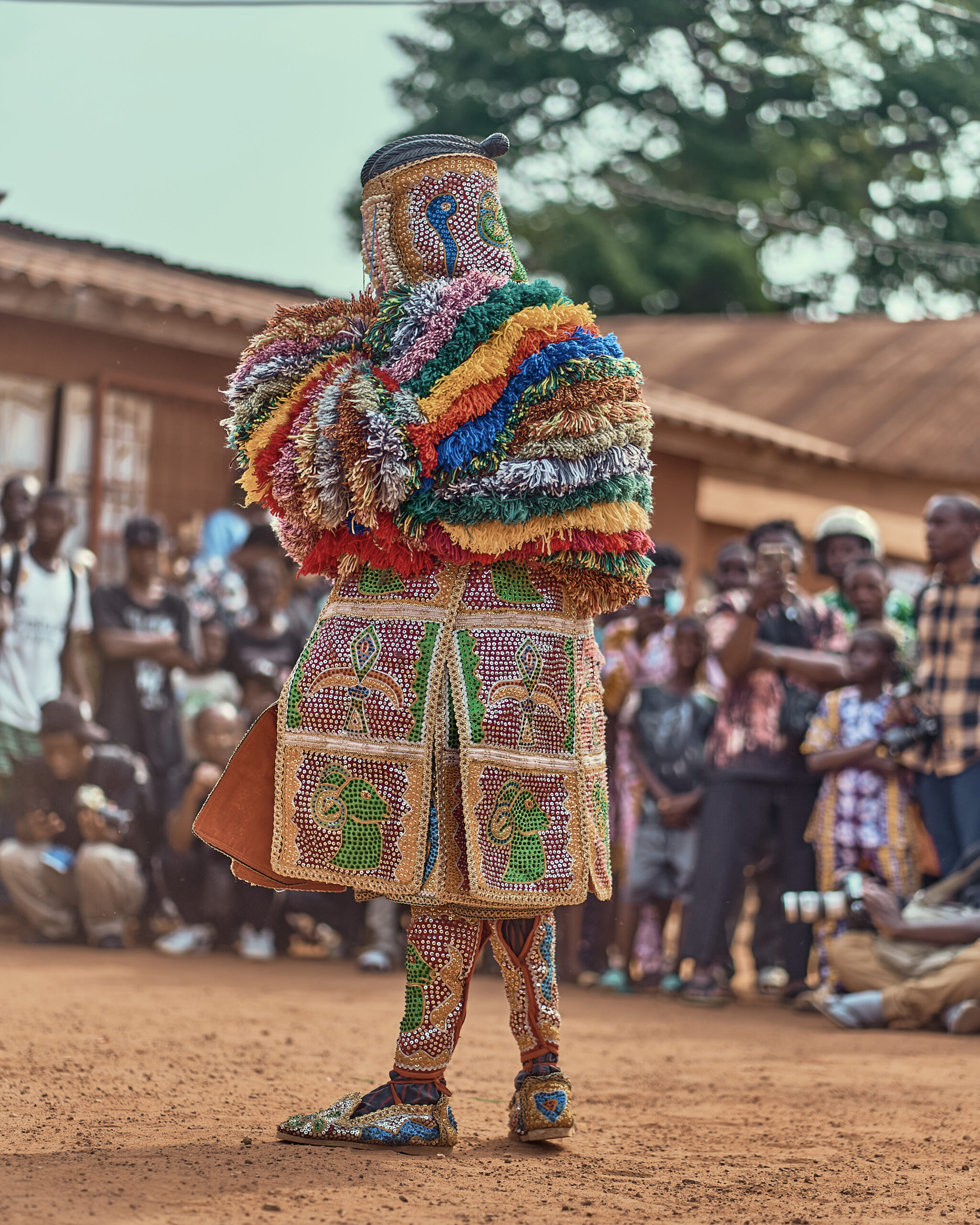
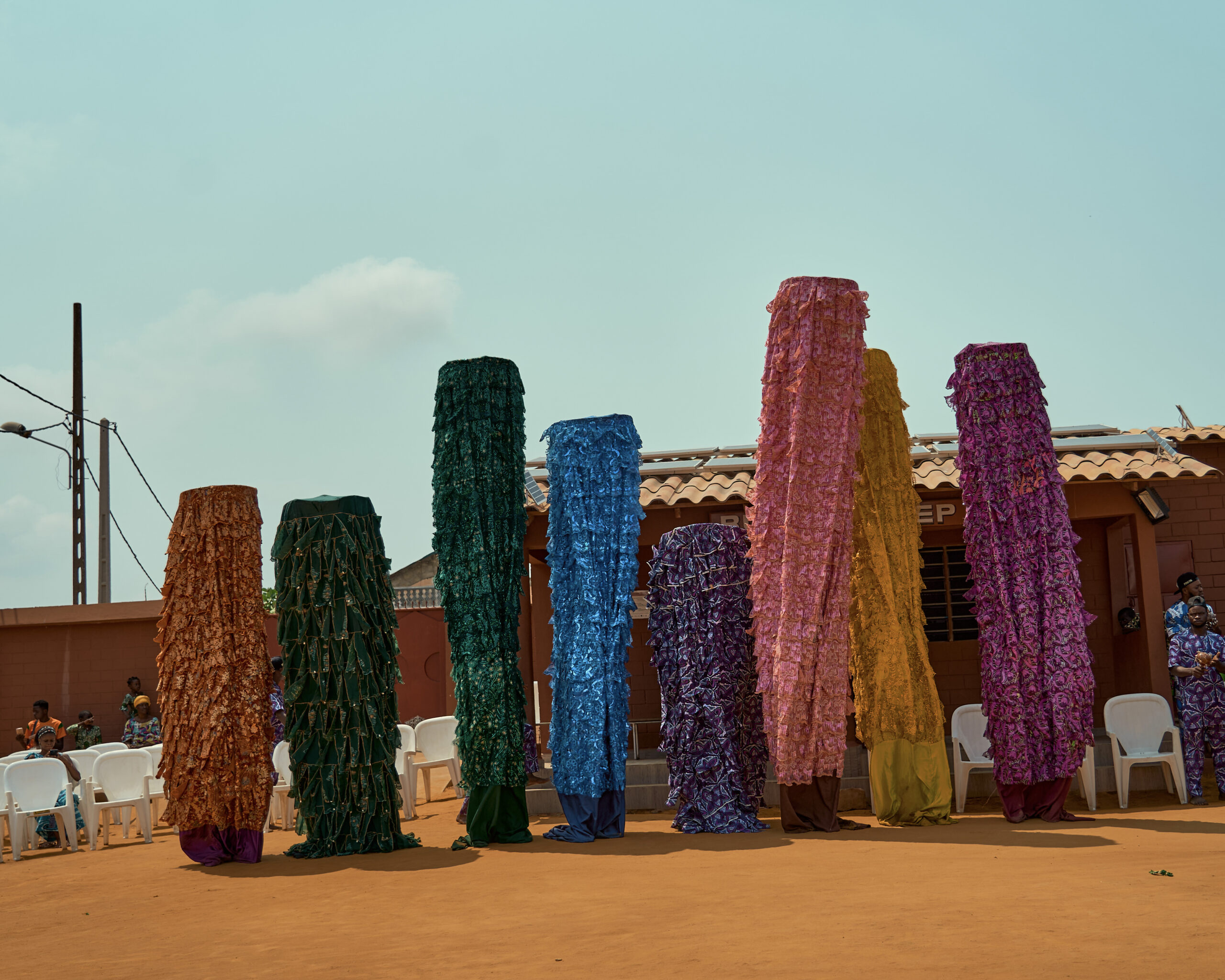
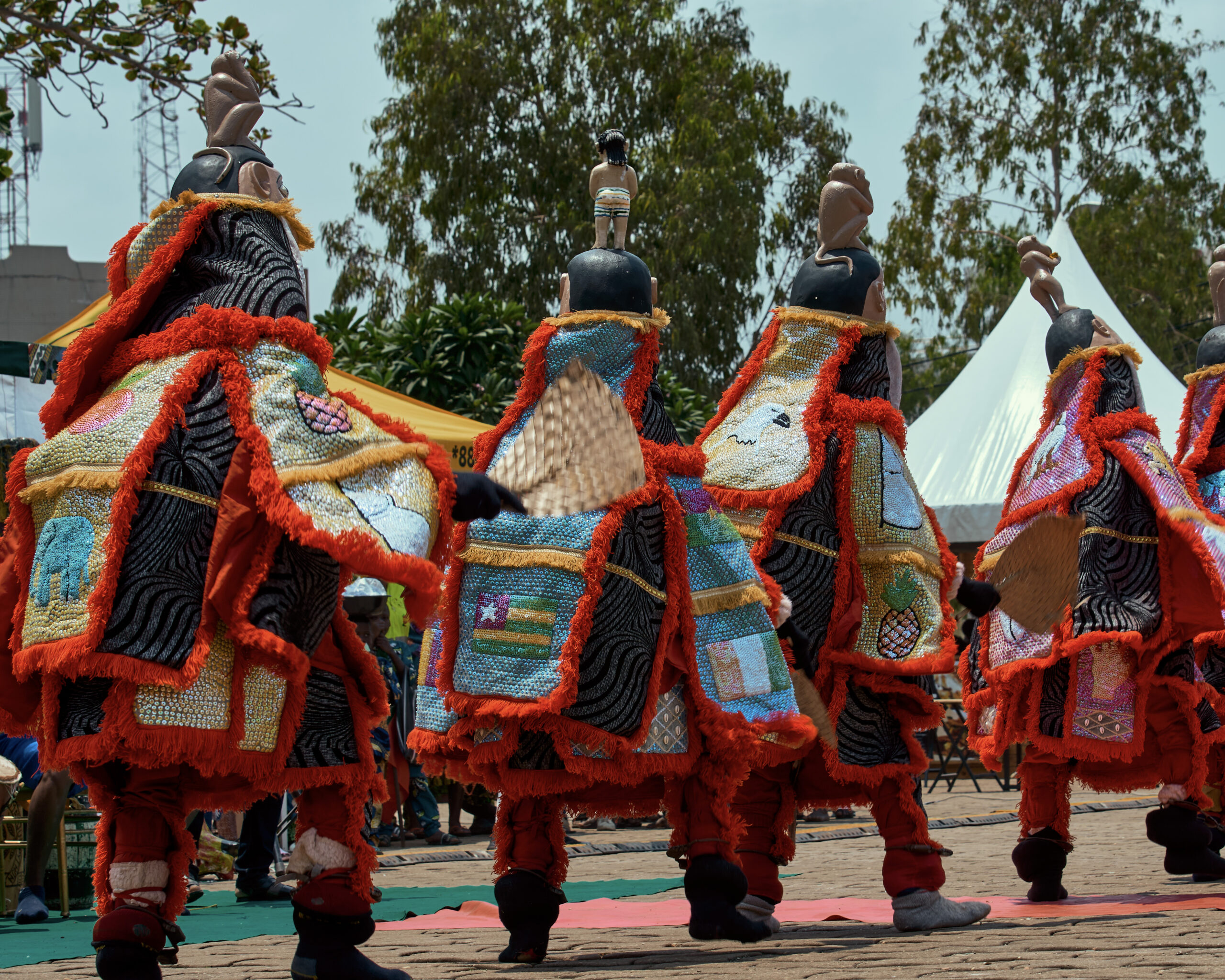
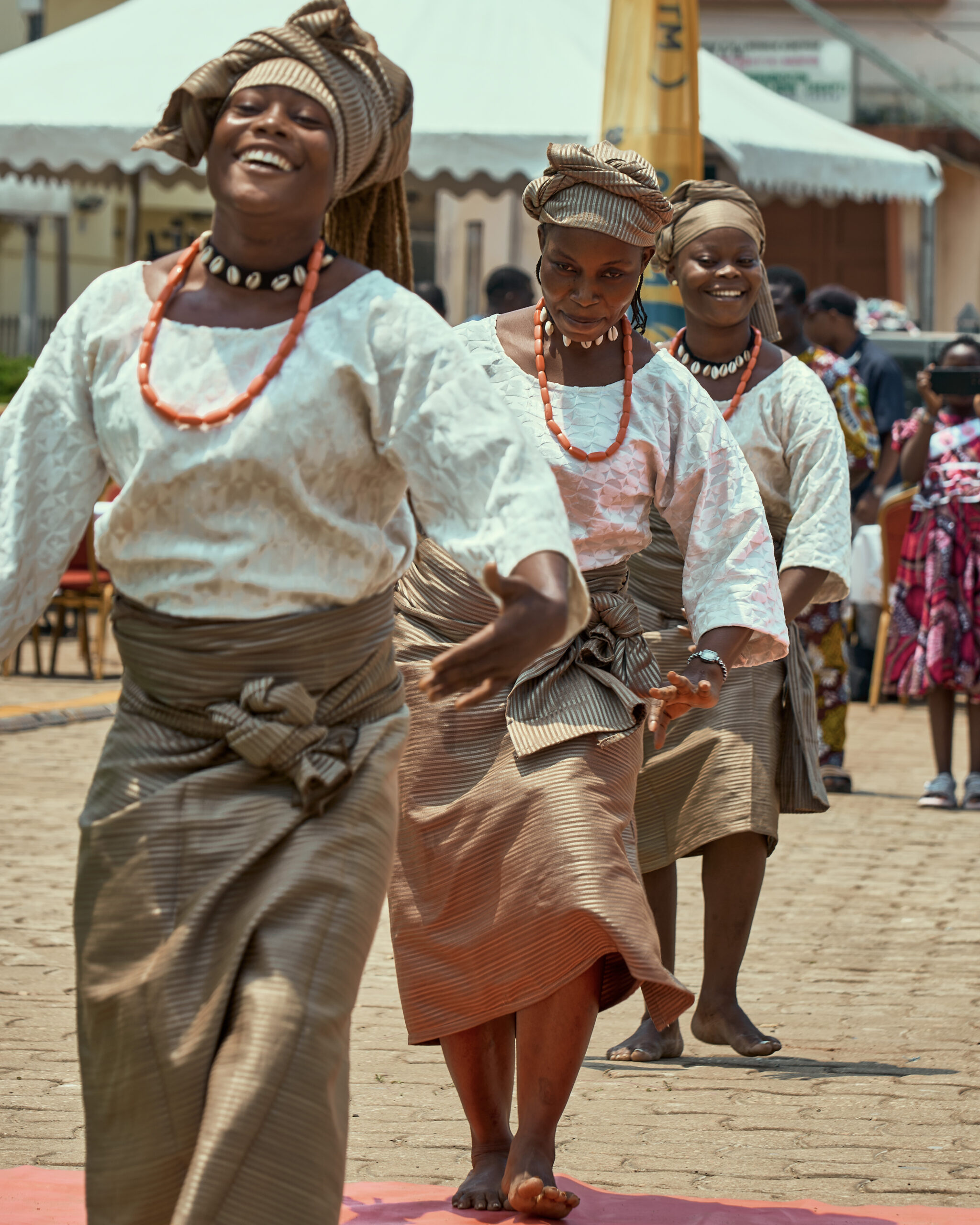
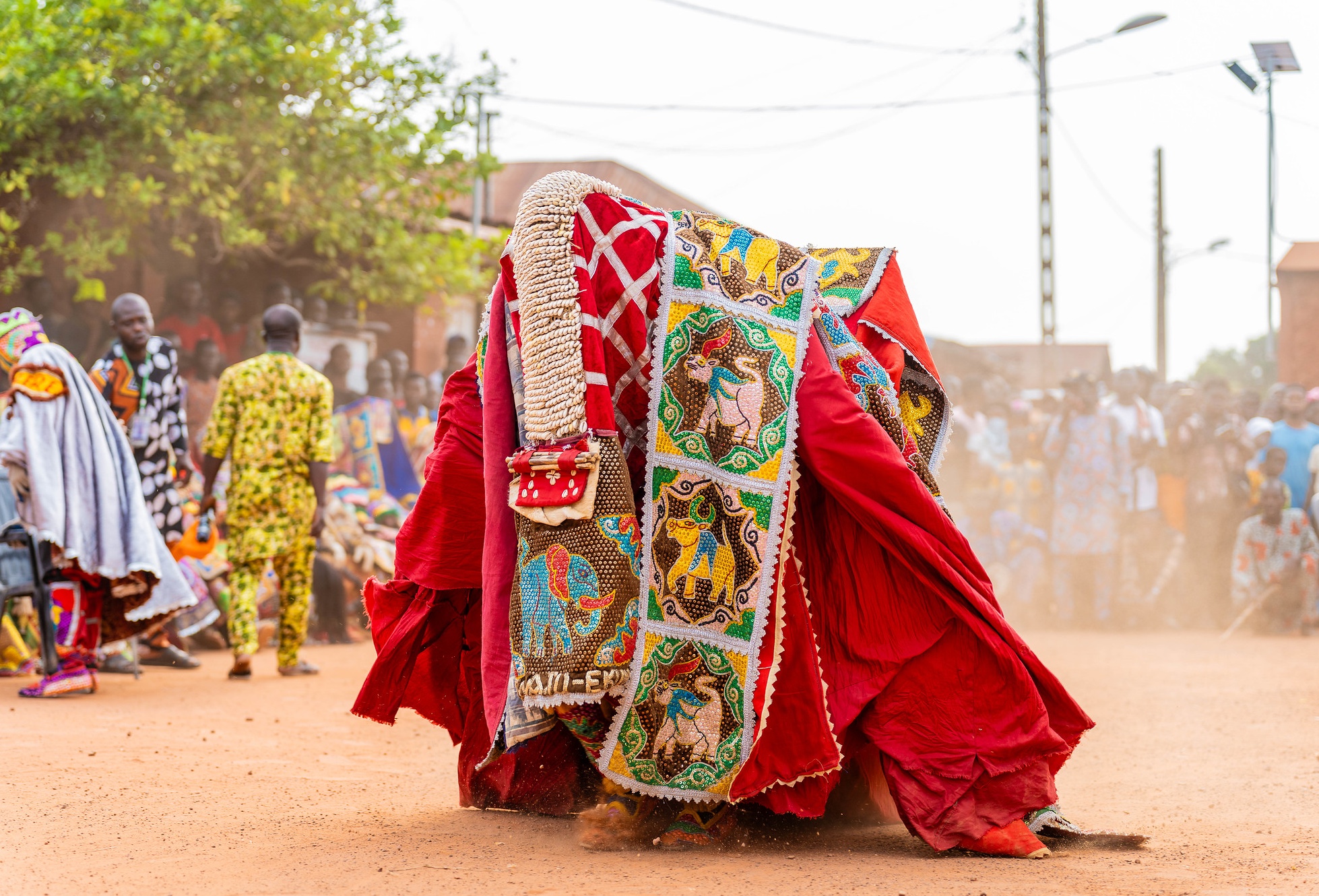
BellaNaija is a Media Partner for Heritage of Vodun Days

















